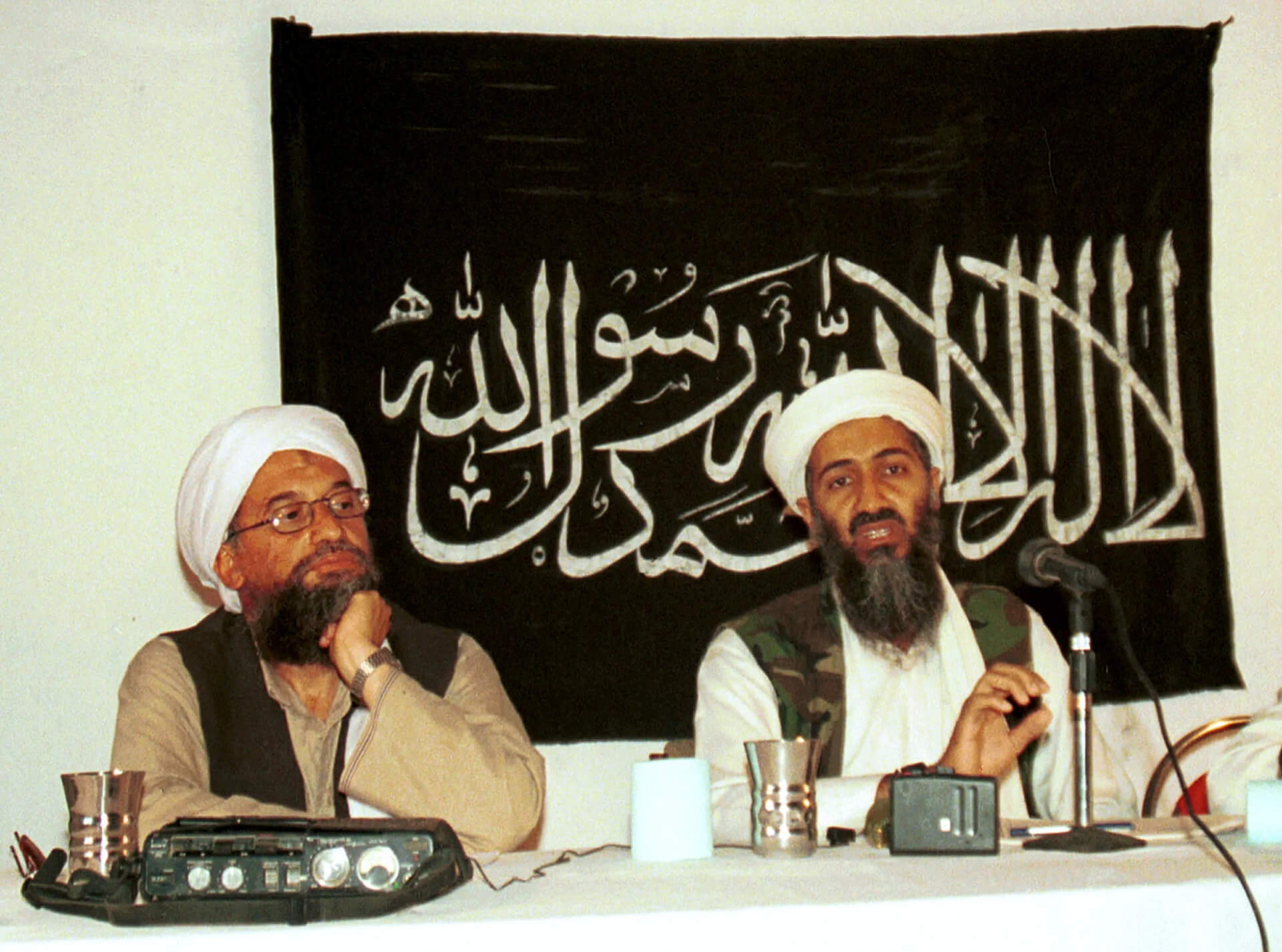The Taliban has denied having any knowledge about now-former Al-Qaeda leader Ayman al-Zawahiri’s “arrival and stay in Kabul”, days after the United States (US) killed him in a drone strike in the city.
After initially refusing to confirm whether Zawahiri was killed in the strike, senior Taliban spokesperson Zabihullah Mujahid released a statement saying that the Islamic Emirate of Afghanistan (IEA) had “instructed the investigative and intelligence agencies to conduct a comprehensive and serious investigation into the various aspects of the incident.”
In a reference to the Doha Agreement, Mujahid reassured that Afghan soil is not being used to threaten any country, including the US. In this regard, the Taliban reiterated its stance that it was the US that violated the agreement by “invading our territory,” which it said “violated all international principles.”
The release warned, “If such action is repeated, the responsibility of any consequence will be on the United States of America.”
Declaration of the Islamic Emirate on the claim of US President Joe Bidenhttps://t.co/vDxk1oxHQp pic.twitter.com/uTMpIHeZDa
— Zabihullah (..ذبـــــیح الله م ) (@Zabehulah_M33) August 4, 2022
Suhail Shaheen, the Taliban’s representative to the United Nations, also claimed the group “wasn’t aware” of Zawahiri’s presence in Kabul, noting that the IEA has initiated an investigation to check the “veracity of the claim.”
American officials, however, argue that the Taliban violated the 2020 Doha Pact, which requires the group to break all ties with terrorist organisations. US Secretary of State Antony Blinken said on Monday that the Taliban had violated their agreement by “hosting and sheltering” Al Zawahiri.
Similarly, a senior White House official claimed in a press briefing on Monday that “senior Haqqani Taliban” members were “aware of Zawahiri’s presence in Kabul.” The official added that the Taliban made a “concerted effort to restrict access to the safe house in the surrounding area for hours after the strike,” claiming that the house is now empty and they helped “quickly remove” Zawahiri’s wife, daughter, and grandchildren to another location, saying this is part of a “broader cover up that they had been living in the safe house.”
National Security Adviser Jake Sullivan revealed that the American officials are in touch with the Taliban to determine whether they sheltered the Al-Qaeda chief.
I made a promise to the American people that we’d continue to conduct effective counterterrorism operations in Afghanistan and beyond.
— President Biden (@POTUS) August 2, 2022
We have done that. pic.twitter.com/441YZJARMX
On Monday, the US announced that Al Qaeda chief Ayman al-Zawahiri, a key architect behind the infamous 9/11 attacks that killed nearly 3,000, was successfully eliminated in a “precision strike” on an urban safe house in Kabul on Saturday. Once Biden authorised the counter-terrorism mission on July 25, Zawahiri was killed with two Hellfire missiles while he was on the balcony in a CIA-led operation.
In a live televised speech on Monday, President Joe Biden asserted, “Now justice has been delivered, and this terrorist leader is no more.”
The house where Zawahiri was found had previously been occupied by members of the Haqqani network, who had forcefully taken it from officials of the previous Afghan government. The Taliban’s acting Interior Minister, Sirajuddin Haqqani, currently owns the property. He is also the leader of the Haqqani Network and has a $10 million bounty on his head.
This is believed to be the house in central Kabul where Al Qaeda leader al Zawahiri was staying & killed in a US drone strike, (another location apparently also hit)
— Secunder Kermani (@SecKermani) August 2, 2022
Taliban preventing media getting close, insisting there’s nothing to see, but we & others had guns pointed at us pic.twitter.com/2iJKKGPzat
Against this backdrop, a Taliban security director told CBS News that Haqqani is now “under tremendous pressure” for having allegedly allowed Zawahiri to use the safe house, and saying the group may use him as a “scapegoat to avoid any further consequences.” However, he admitted that despite these internal rivalries, the ousted of the interior minister remains “unlikely” because of his stature. The group worries that any action that could be seen as “terminating” the Haqqani faction could cause the group to splinter and “create an even worse scenario for the regime.”
Abdul Basit, a research fellow at the S. Rajaratnam School of International Studies, opines that it has left the Taliban “between a rock and a hard place,” as it has “likely caused Washington to lose any remaining trust it had in the Taliban regime, and dashed its chances of getting international recognition any time soon.” Simultaneously, it could have also “damaged” the group’s relationship with Al-Qaeda “beyond repair.”
This would come as a significant blow for the Taliban, which is simultaneously seeking access to around $9.5 billion in frozen central bank assets and to maintain the support of Al-Qaeda, which views Afghanistan under Taliban rule as “as a friendly environment for continued occupancy.”

